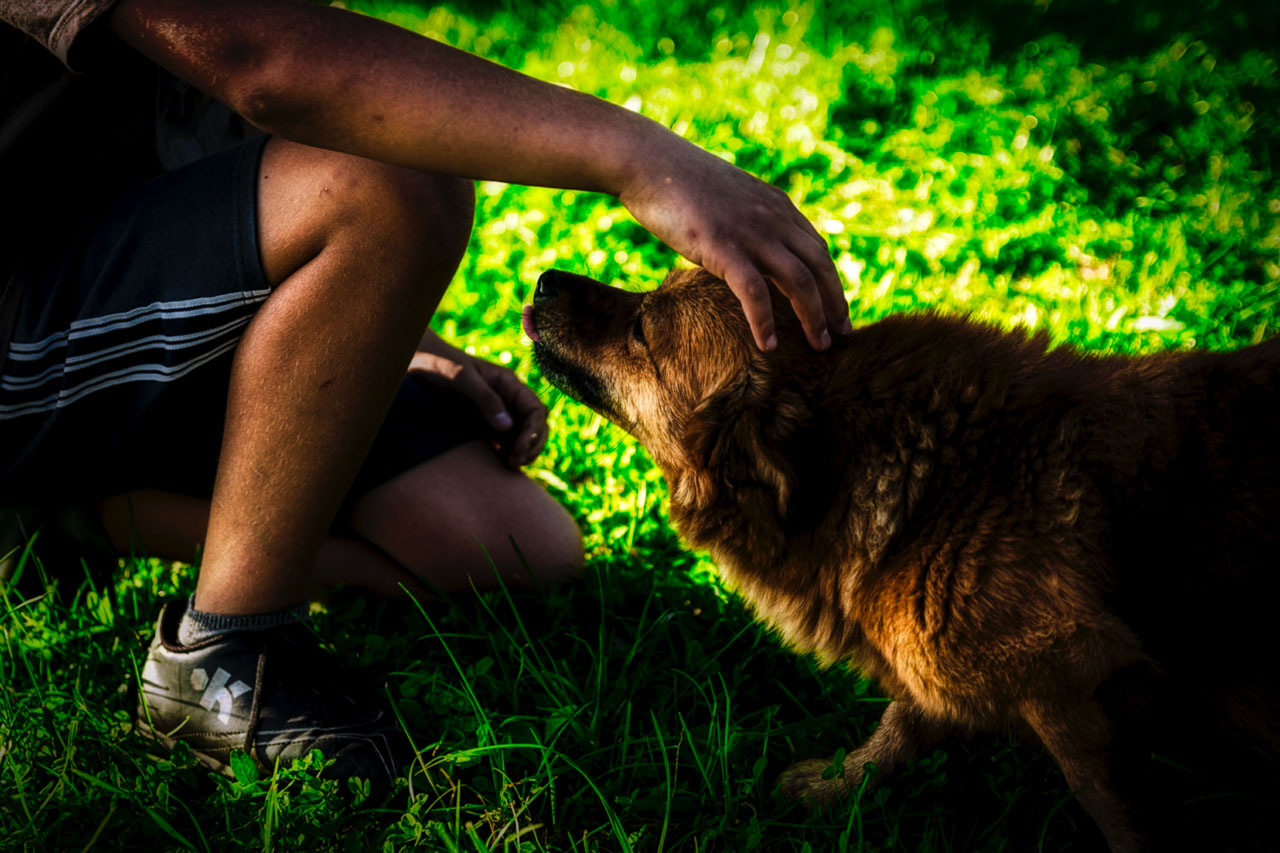Humans have an overpowering need to reciprocate favors. This is one of the central themes in Robert Cialdini’s Influence (see our earlier post on judgement and behaviors).
The rule of reciprocation states that we feel a duty to settle others in kind for whatever they have supplied to us. For it enabled our ancestors to share resources, safe in the information that they’d be reciprocated later this inclination forms the basis of all societies.
If a person does us a favor and we do not return it, we feel an emotional burden. This is partially because, as a society, we are disdainful of these who do not reciprocate favors. We label them as ingrates or moochers, and fear being labeled as such ourselves.
Several experiments have demonstrated that people are so keen to rid themselves of this burden of debt that they’ll perform bigger favors for small-scale ones. For example, when a research worker, “Joe”, bought test subjects a ten-cent Coke and later asked them to buy raffle tickets they reciprocated by buying 50 cents’ worth of tickets. It was twice the amount compared to if Joe not supplied any Coke first. Because in the research situation all the truly free selections were Joe’s clearly the possibility for abuse exists here. He not only compelled a debt onto the issues by purchasing them a Coke, but also chose their approach to reciprocation.
When they gifted flowers to passersby on the road, the Krishna organization used this approach. Though normally annoyed, people often made contributions to the business to meet their demand to reciprocate the flower.
To fight back against efforts to take good advantage of the rule of reciprocation, it’s impossible to reject as you would rapidly become a cranky hermit all favors. Rather, identify for what they essentially are, whether genuine party favors or abusive exploitation tactics, and simply then reciprocate in kind, offers.
